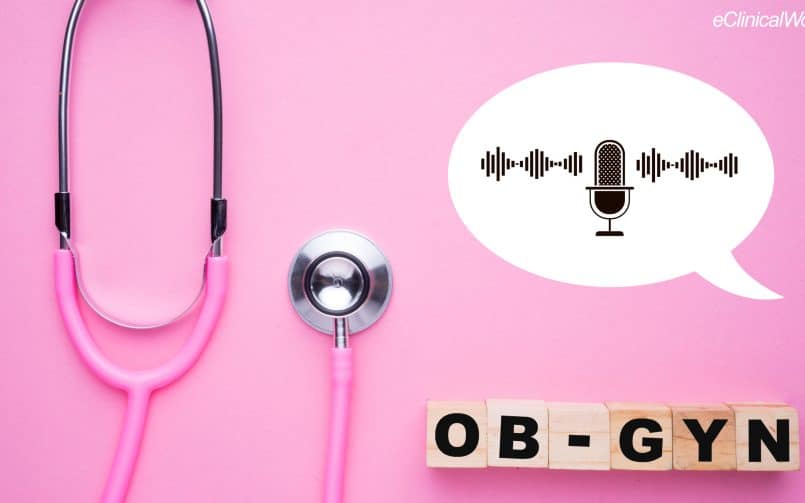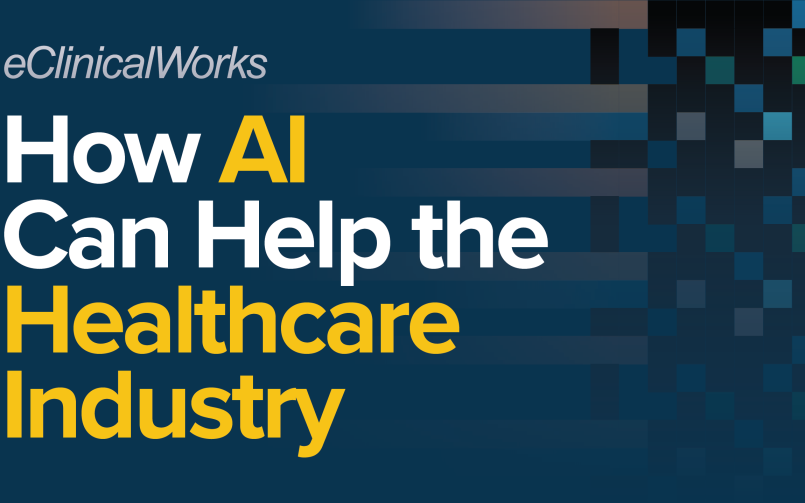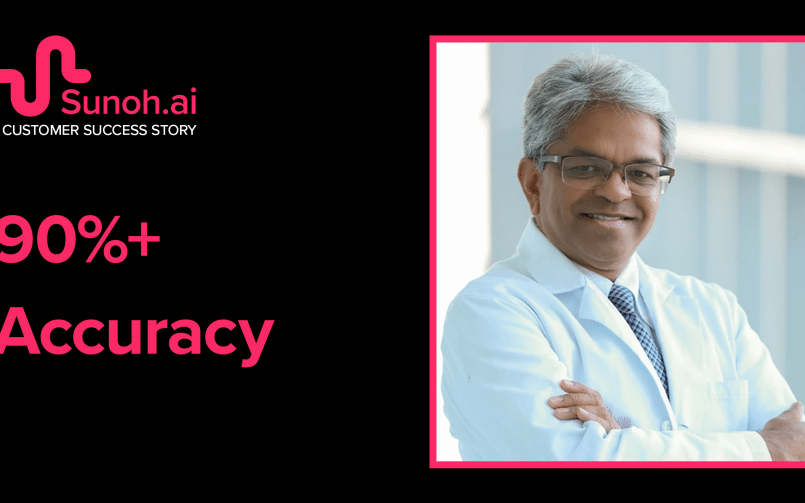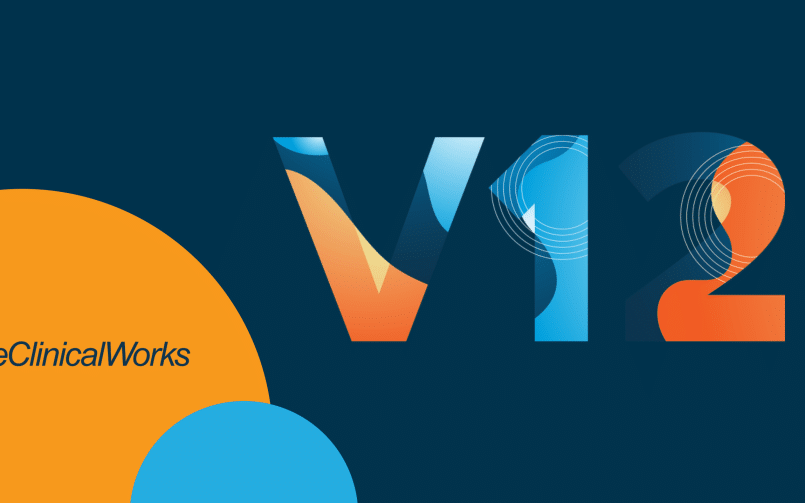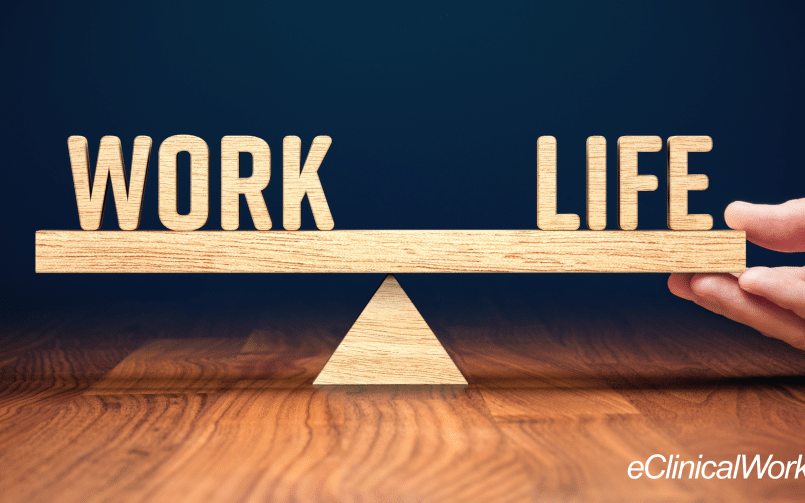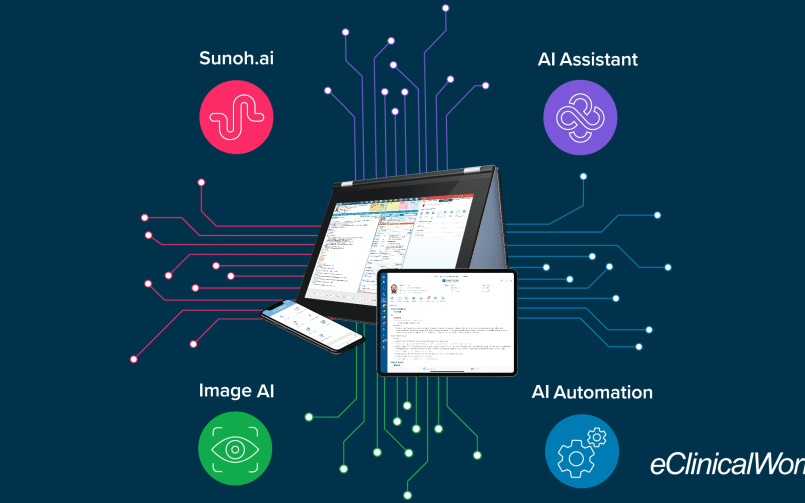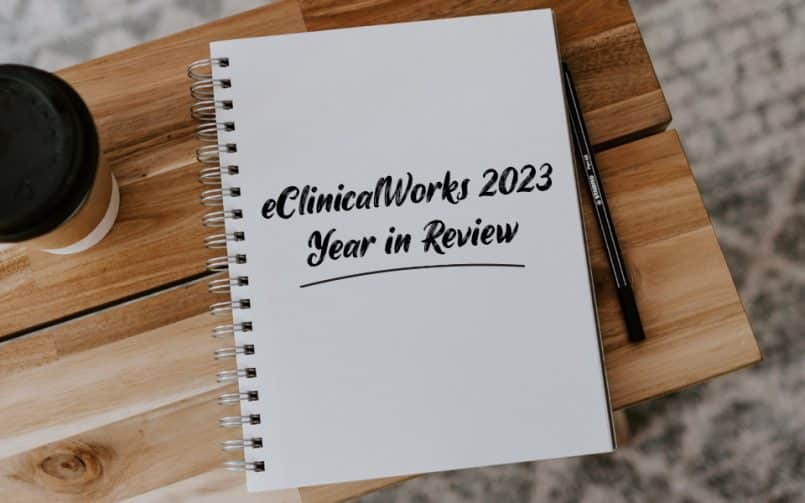Physicians Have Limits — Healthcare IT Can Help
- 4 June 2024
- Blog
eClinicalWorks

Every medical practice is more or less different from every other, whether by virtue of size, location, specialty, or emphasis. But every medical practice, from the smallest rural health center to the largest urban hospital system, shares one economic reality — resources are always limited.
Many providers work long hours to serve their patients, often completing their daily documentation in the evening from home. But clocks, calendars, and human endurance sets limits. There are only 24 hours in a day and seven days in a week.
Add in a shortage of physicians and ever-increasing demands by patients, and it is not surprising that surveys consistently show that about two-thirds of U.S. providers report at least one symptom of burnout.
The Right Technology Can Help
In search of ways to maximize their resources, practices naturally turn to technology. After all, we live in the age of the personal computer, the internet, and hand-held devices that put much of human history and knowledge in the palm of our hand.
Surely healthcare IT can solve the problems of burnout?
The answer is yes, but a qualified yes. The kind of technology a practice chooses matters. Without careful research — such as systematically searching for the right Electronic Health Record — a practice may find that all that technology doesn’t necessarily translate into smoother workflows and better patient outcomes.
What’s needed isn’t simply a slightly faster or better way to do the same work a practice has always done. While that can help, it isn’t likely to transform workflows or maximize use of existing resources.
A Different Kind of Thinking — and Software
When it comes to the core function of any practice — documenting patient visits — what’s needed is a revolution. Reducing clicks? Good. Making comprehensive patient data available at the point of care? Excellent.
But an AI-powered medical scribe with ambient listening capabilities?
Well, that would be Sunoh.ai. And it’s a game-changer.
- Sunoh listens to provider/patient encounters and generates a draft transcript and Progress Note, saving up to two hours of documentation time per provider per day.
- Sunoh is EHR-agnostic, meaning it can be used with industry-leading EHRs.
- Sunoh is secure, easy to use, and handles varying accents, speaking styles, and even conversations with multiple speakers.
Extending Your Practice’s Superpowers
Sunoh is unmatched in today’s marketplace because of its advanced algorithms and natural language processing capabilities. It is the best of AI on display.
But the technology is only one reason for Sunoh’s success. The other, deeper reason is that Sunoh is helping healthcare IT move into a new era. Rather than adding to the learning curve for providers and staff, Sunoh lets technology handle things that technology is good at, while freeing human beings to do what humans do best — such as have meaningful conversations with patients, maintain eye contact, and truly listen.
Making such connections tends to engage and empower patients, leading to greater adherence to treatment plans and better medical outcomes. That’s the real superpower at play — Sunoh is simply a great tool to bring out the best in physicians and practice staff.
Sunoh at Work from Coast to Coast
Oregon’s Canyonville Health and Urgent Care, for example, is a small practice in a small community in the Pacific Northwest. With just a few providers, Canyonville was always busy and always seeking ways to extend the services they offer to their community.
Implementing AI medical note writer software – a non-human entity that never tires, operates for humans, and quickly self-finances, has been a massive leap forward.
The automation of Sunoh.ai helped free our physicians’ time,” said Dr. Anand Rao, Canyonville’s owner, “which enabled us to optimize and reallocate our staff’s time to extend chronic care management to our patients.”
Stone Mountain Health Services, nestled in the Great Smoky Mountains in the southwest tip of Virginia, is deploying Sunoh to improve their clinical workflows and practice efficiency.
“Sunoh.ai offers faster and more efficient documentation,” said Jody Willis Hill, family nurse practitioner at Stone Mountain Health Services. “By saving time during patient visits and post-visit documentation, physicians can focus on improving patient care. This also helps reduce physician burnout by reducing the amount of time spent on after-hours documentation. It will also facilitate timely billing and enhance overall practice efficiency.”
To start using Sunoh medical AI scribe, simply click here to request a demo.







